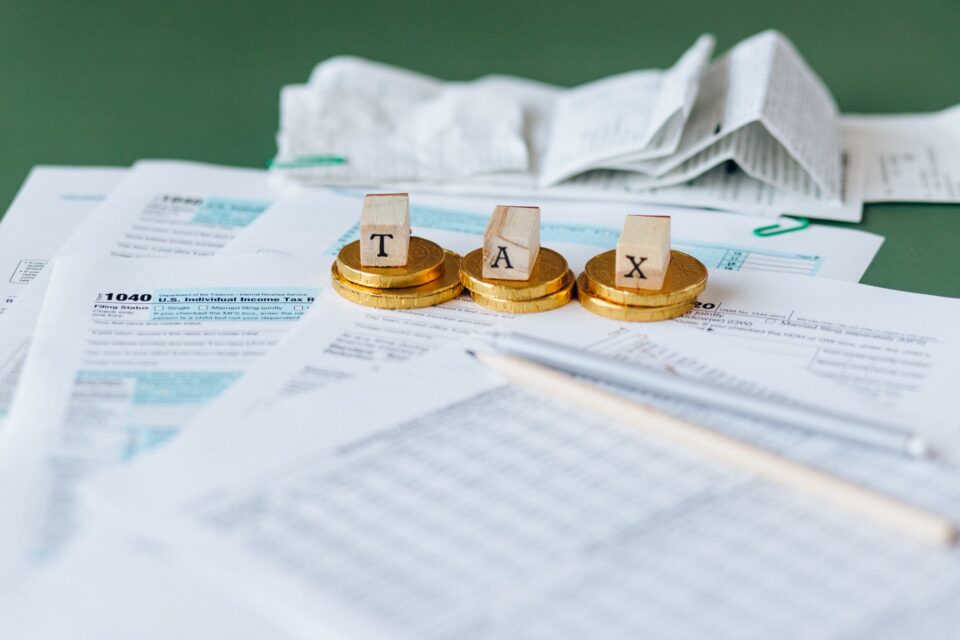Individual income tax is a tax levied on an individual’s annual earnings. The amount of tax you pay is determined by how much money you earn in a given year. Income tax payments, TDS/TCS payments, and Non-TDS/TCS payments can all be made online. To make these contributions, all taxpayers must complete the required information. The entire procedure is simplified and expedited.
For the fiscal year 2020-21, all inhabitants with an annual income of more than Rs.2.5 lakh p.a. are subject to income tax. If an individual’s annual income exceeds Rs.10 lakh, the maximum amount of tax they can pay is 30% of their income plus a 4% cess.
Who should pay income tax in India?

Individuals must file an ITR if their gross total income exceeds Rs.2,50,000 in a financial year. For elderly persons, this ceiling exceeds Rs.3,00,000, and for super senior citizens, it reaches Rs.5,00,000. The businesses and organizations listed below are required to pay taxes and file tax returns.
- Artificial Judicial Persons
- Corporate firms
- Association of Persons (AOPs)
- Hindu Undivided Families (HUFs)
- Companies
- Local Authorities
- Body of Individuals (BOIs)
Tax Saving Methods
Tax planning is one of the methods for lowering your taxes and increasing your income. The income tax legislation allows a taxpayer to deduct certain investments, savings, and expenditures made during a given fiscal year. We’ll go over some of the ways you can save money on taxes.

Recommended ways of saving taxes under Sec 80C,80D and 80EE
- Make a Rs 1.5 lakh investment under Sec 80C to lower your taxable income. Investing in NPS under 80CCD allows you to claim an additional deduction of Rs 50,000. (1b)
- Section 80D allows a maximum deduction of Rs. 1,00,000 (Rs 50,000 for self and family if senior citizen, and Rs 50,000 for senior citizen parents) for medical insurance purchases.
- Section 80EE allows you to deduct up to Rs 50,000 in home loan interest.
Undertake Investments
- Higher returns on investments in the capital market and government-mandated schemes can contribute to wealth building as well as tax benefits.You can learn how to invest in various instruments to lower income tax in India under Section 80C.If you’re ready to take on some risk, stock market investment strategies like ELSS may be a good fit for you (Equity Linked Savings Scheme).
- This tool has a three-year lock-in period, and total deposits are eligible for up to 1.5 lakh in tax exemptions.Furthermore, if total capital gains are less than 1 lakh, no tax is due on the profits realized.
Also Read : Top 5 Performing Large Cap Mutual Funds 2021-22
Put your money in Government schemes
Numerous government-mandated schemes offer high returns on total investments along with tax waivers. Individuals can claim up to ₹1.5 Lakh spent on such investments as tax waivers on total annual income, under Section 80C of the Income Tax Act.
Tax exemptions can be availed by investing in the following tools:
- Senior Citizen Savings Scheme (SCSS)
- Sukanya Samriddhi Yojana (SSY)
- National Pension Scheme (NPS)
- Public Provident Fund (PPF)
- National Pension Scheme (NPS)
Opt for Life Insurance Plans

Life insurance policies enjoy tax waivers on both premium payments and the amount disbursed on maturity, respectively.
The Income Tax Act contains provisions under Section 80C for premium payments, and Section 10(10D) for the sum assured received on maturity or premature demise of the insured, whichever is earlier.
Nonetheless, the tax benefits of up to ₹1.5 Lakh spent on annual premium can be claimed under Section 80C, provided it is less than 10% of the total sum assured, if the policy is taken after 1st Aril 2012.
In case the policy was availed before 1st April 2012, claims under Section 80C can be made if the total premium payments do not exceed 20% of the sum assured.
Sum assured realised on such life insurance policies is also exempt from any tax calculations under Section 10(10D), provided it conforms to the above-stated rules.
Purchase or renewal of life insurance cover, along with annuity payments on such policies through yearly salary is eligible for tax waivers of up to ₹1.5 Lakh under Section 80CCC as well.
Under section 80CCD(1), the only certain pension funds under section 23AAB are eligible for waivers of up to ₹1.5 Lakh.
Also, if individuals decide upon investing in Unit Linked Insurance Plans (ULIP), the insurance section enjoys tax waivers, as stated above.
The portion of investment channeled to the stock market also does not attract any long-term capital gains (LTCG) tax.
However, ULIPs come with a minimum lock-in period of five years, prior to which, no money can be withdrawn from the scheme.
Claim Exemptions if you live on Rented Premises
Tax exemptions under House rent allowance (HRA) are granted under Section 10(13A). Your salary break-up must include an HRA component to avail compensation against the same.
However, the total tax exemption on rent paid is calculated as the minimum value of three components, stated as:
- Annual HRA received.
- 50% of the yearly salary if the individual is residing in a metro city (40% in case of non-metro cities).
- Total annual rent – 10% of the basic salary.
In case your monthly income does not include the HRA component, you can claim tax benefits on yearly rental expenses under Section 80GG. The total deductions on income tax are calculated against the minimum value of the following conditions –
- Rent payment of up to ₹5,000 per month.
- 25% of the gross total income.
- Total rent minus 10% of basic salary.
Thus, you can learn about how to save tax in India on salary through house rent allowance by keeping in mind the above-stated points.
Donate to charity

Cash donations to designated organizations are eligible for a tax exemption of up to $2,000 under Section 80G of the Internal Revenue Code. Wire and bank transfers, on the other hand, are tax-free in their entirety or in part.
You can take advantage of Section 80GGA deductions if you donate to an organization that supports scientific research or rural development.
Cash gifts are eligible for partial tax exemptions, whereas transfers made by check or draught are exempt entirely.
Support a political Party
Tax exemptions are available for all donations to political parties and contributions to electoral trusts made under Section 80GGC of the Act of 1961.
If the organization is registered under Section 29A of the Representation of People Act of 1951, the entire amount donated to your selected political party is free from any income tax computations.
Cash deposits are not permitted; such gifts must be provided through wired or bank transfers.
Further Reading :




